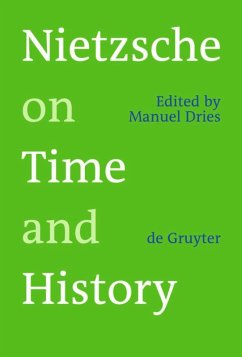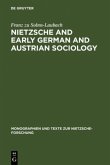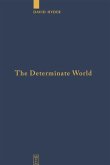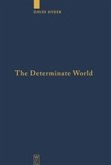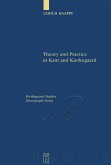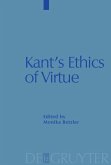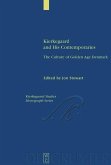In 1885 Nietzsche insisted that from now on philosophy was only acceptable â??as the most general form of history, as an attempt somehow to describe Heraclitean becoming and to abbreviate it into signs.â?? Taking this remark as a starting point, the aim of this volume is to examine the intricate relationship between Nietzscheâ??s philosophy of time and his philosophy of history. The questions that arise include: What are the new conceptions of time that Nietzsche has to offer? What kind of historian was Nietzsche himself? What kinds of temporalized histories and historicized philosophies did he write or fail to write? This collection of essays, written by fourteen academics including eminent figures such as John Richardson, Raymond Geuss, Lawrence J. Hatab, and Andrea Orsucci, constitute essential reading for specialists of Nietzsche, and will also appeal to a larger audience of intellectual historians, philosophers and others who are interested in the development of modern thought.

